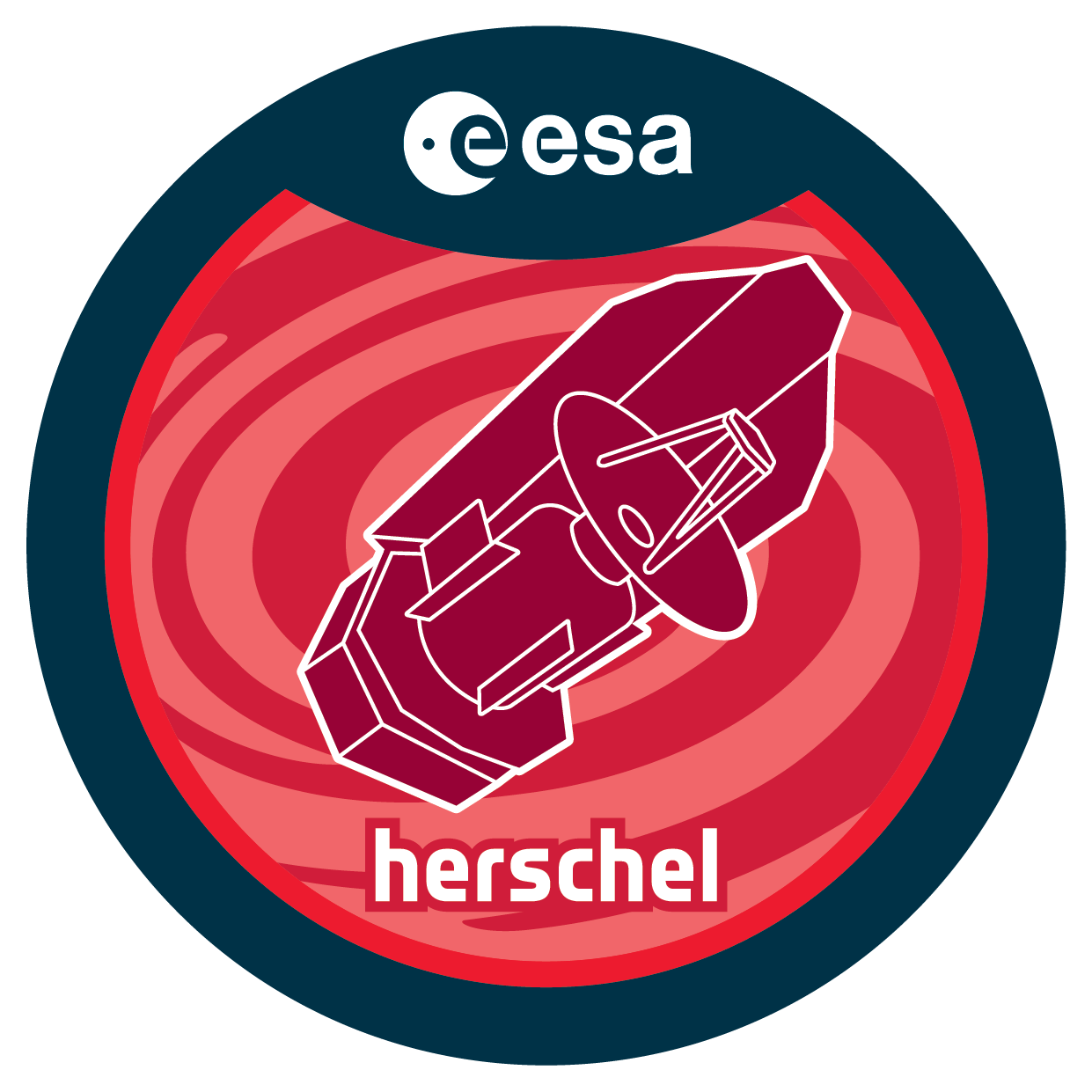

| Name | DDT_mustdo_3 |
| Title | The thermal lightcurve of Centaur (2060) 95P/Chiron |
| URL | http://archives.esac.esa.int/hsa/whsa-tap-server/data?retrieval_type=OBSERVATION&observation_id=1342257513&instrument_name=PACS&product_level=LEVEL0&compress=true |
| DOI | https://doi.org/10.5270/esa-ttl2oyt |
| Author | pilbratt, g. l. |
| Description | Chiron is an unusual body in the Solar System. It was discovered in 1977, and is a member of what now is called the Centaur family, a class of objects whose orbits cross those of the Giant Planets. Centaurs are on unstable orbits and thought to be transition objects between trans-neptunian objects and short period comets. Chirons diameter is about 200 km, typical of an asteroid, however, its physical behaviour is rather cometary-like. The main goal is, by obtaining a PACS 70/160 um lightcurve, to determine for the first time the surface albedo and thermal inertia of the surface of an active Centaur. |
| Publication | |
| Instrument | PACS_PacsPhoto_largeScan |
| Temporal Coverage | 2012-12-19T19:42:30Z/2012-12-25T20:29:02Z |
| Version | SPG v14.2.0 |
| Mission Description | Herschel was launched on 14 May 2009! It is the fourth cornerstone mission in the ESA science programme. With a 3.5 m Cassegrain telescope it is the largest space telescope ever launched. It is performing photometry and spectroscopy in approximately the 55-671 µm range, bridging the gap between earlier infrared space missions and groundbased facilities. |
| Creator Contact | https://support.cosmos.esa.int/h®erschel/ |
| Date Published | 2012-12-25T13:50:02Z |
| Last Update | 2025-01-24 |
| Keywords | Herschel, HSC, submillimetre, far-infrared, HIFI, PACS, SPIRE |
| Publisher And Registrant | European Space Agency |
| Credit Guidelines | European Space Agency, pilbratt et al., 2012, 'The thermal lightcurve of Centaur (2060) 95P/Chiron', SPG v14.2.0, European Space Agency, https://doi.org/10.5270/esa-ttl2oyt |